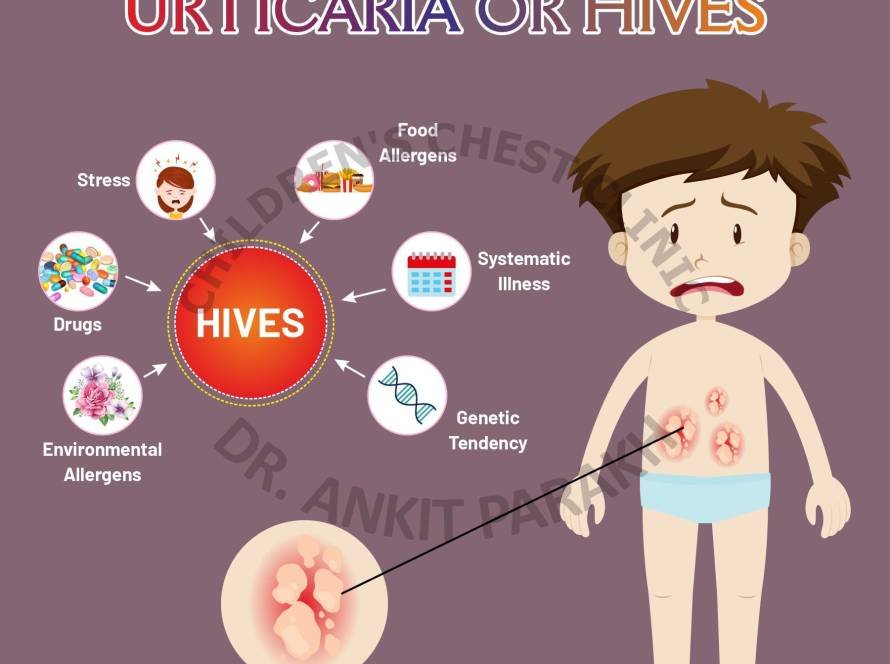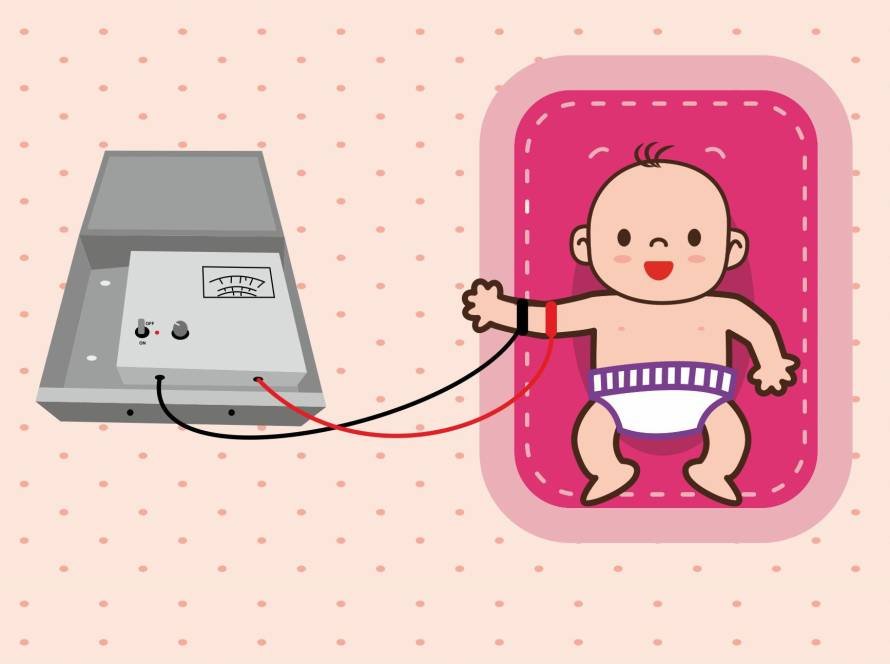Habit cough or psychogenic cough is a persistent cough that does not have an underlying medical illness. Habit cough is common in children in the age group of 5 years to 15 years of age. The cough could be very distressing to the child and family. It interferes with normal activity and many children are unable to go to school for prolonged periods. Children with habit cough tend to get many investigations and unnecessary treatments. This does not lead to any improvement in their cough rather than worsening the cough because of the stress associated with investigations and treatment.
In this article we discuss why habit cough happens in children, what are the other causes of chronic cough that needs to be considered, how do we diagnose habit cough in children and how habit cough is treated?

Why does Habit Cough happen?
The aetiology of habit cough is still not properly understood. Habit cough is most often seen in children who tend to be verbally and intellectually above average. There is usually no evidence of underlying somatization or psychological disorders. Some people believe that habit cough is usually developed after an infection or illness that caused the child’s cough. Thereafter the child develops a habit of coughing, after the initial cause has disappeared.
What are the other causes of chronic cough that need to be considered in children?
Common causes of chronic cough in children include recurrent viral infections, asthma, nasal allergy or allergic rhinitis, tuberculosis, bacterial bronchitis and chronic sinusitis. These common causes of chronic cough need to be considered before a diagnosis of habit cough is made in children.
How do we make a diagnosis of habit cough in children?
The diagnosis of habit cough in children is usually based on clinical grounds. There is no test for investigation to diagnose habit cough in children.
Children with habit cough have a typical honking character which is quite different from the usual cough a child gets with normal viral infections. The cough typically reduces when the child is distracted or is deeply engaged in something and is absent during sleep. There is no worsening of cough with activity or exercise. In some children, habit cough can be associated with other problems such as nasal allergy or asthma. In such situations diagnosis can be difficult and requires careful clinical observation.
Some investigations might be required to rule out other causes of cough. Basic investigations usually done are a chest X ray and lung function test such as spirometry or impulse oscillometry. Other extensive investigations are usually not required and increase anxiety in the child.
What is the treatment of habit cough in children?
The treatment of habit cough in children involves counselling and re-assurance. There is no medicine or pharmacological treatment for habit cough in children. It is also important to make the family understand that the child is not suffering from any serious medical illness which is leading to the child’s cough. It is also important to stop all unnecessary medicines and food restrictions. Reducing screen time and video games are equally important. Promoting good physical activity reduces stress and is very helpful.
Involving a child psychologist in such cases can be extremely useful. Hypnosis, distraction or suggestion therapy are sometimes required. These therapies aim to help the child gradually learn to suppress the cough until they no longer feel the urge to cough.
In case your child is having a chronic cough or seems to be having features of habit cough you need to get in touch with the child chest specialist for a proper diagnosis, evaluation and treatment.






